Welcome to another issue of The Newport Cornucopia where we dig through the newspapers archives for interesting news articles and adverts. All articles are posted verbatim and most headlines are original (headlines in quotes are my own).

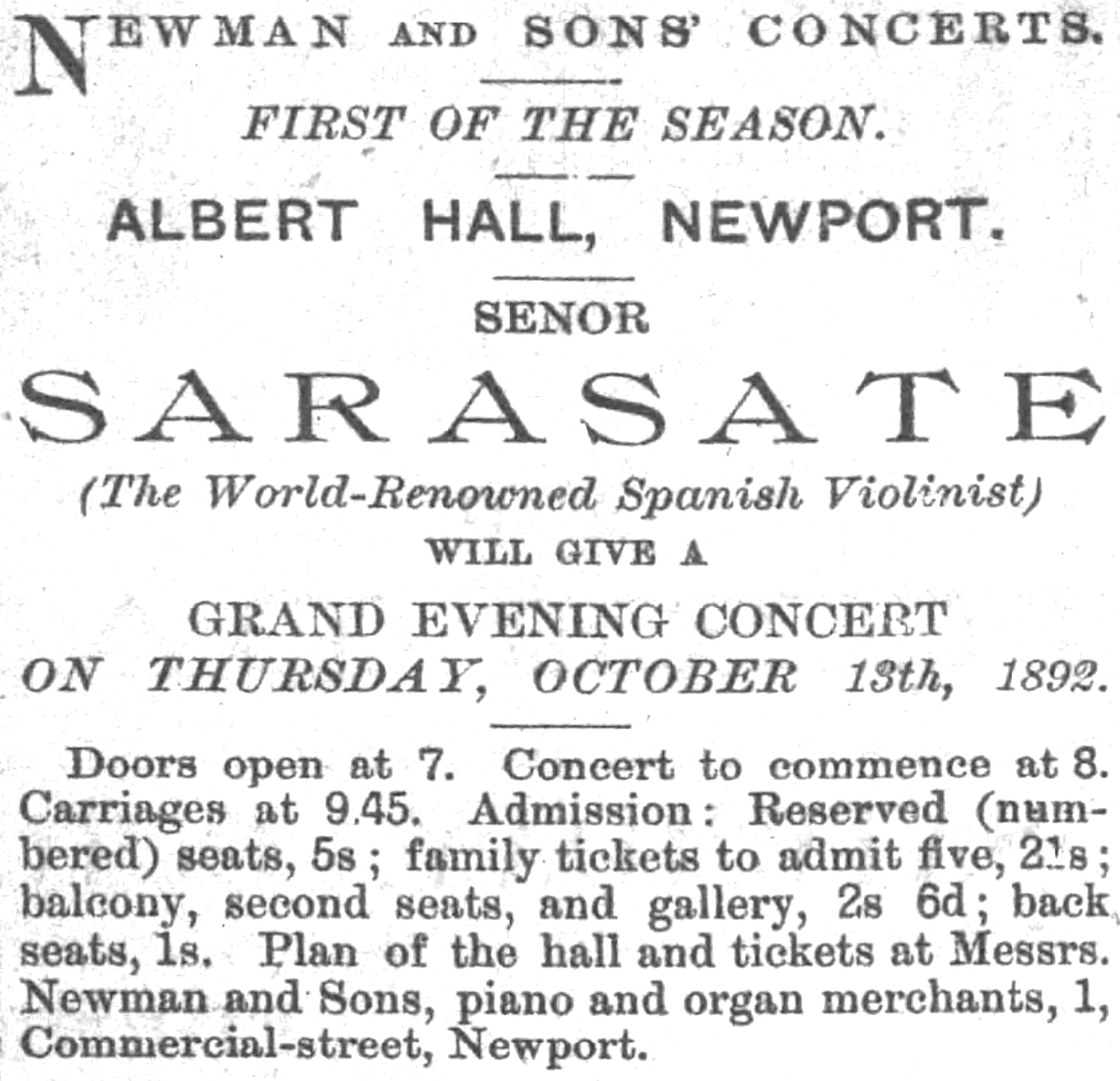
Pablo de Sarasate was a popular Spanish violinist of the 1890s who played at the Albert Hall in October 1892.

According to the Hungarian violinist and teacher Carl Flesch,
“for all who played the violin during the last quarter of the nineteenth century, Pablo de Sarasate was a magical name, and even more: he stood for aesthetic moderation, euphony, and technical perfection—and slightly superficial emotionality. With awe, as if he was a supernatural phenomenon from a wonderland forever inaccessible to us, we boys looked up to the small, black-eyes Spaniard with the well-trimmed, coal-black mustache and equally black, curly, over-carefully arranged hair.”

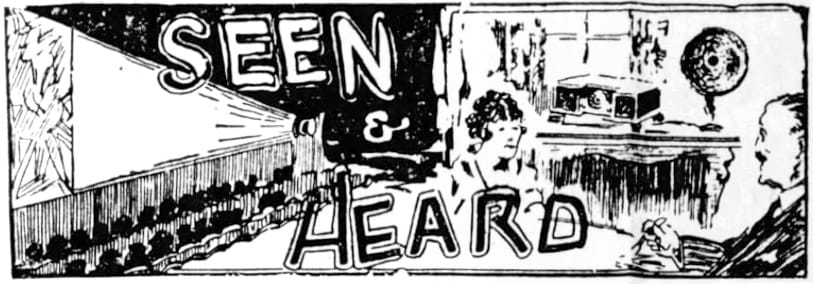
The Towns Wooden Paving
During the week a large number of workmen have found employment upon the principal thoroughfares of Newport. The corporation are laying wood paving from the bottom of High Street to Llanarth Street, and from the present termination of the wood paving opposite the Argus office as far as the bridge. Near the Westgate Hotel, where the cross fall is rather steep, white Memel wood will be utilised. This material being softer, affords a better grip for horses than the hard wood which is being laid in other portions of the town. Stone setts are to be laid on the bridge not only between the tramway rails, but the full length of the bridge. The work of doubling the tram-lines on the bridge is proceeding apace, good progress having been made during the past few days.
— South Wales Argus, Saturday 23rd July, 1898 (Subscription required)
'Calling the County Hospital'
The lady who answers the telephone at the County Hospital evidently believes that brevity is the soul of wit. A member of the Argus staff telephoned to that institution the other day, and this is exactly the conversation which ensured:-
"Argus!"
"Infirmary!"
"Anything?"
"Nothing!"
"Thank you!"
"Good-day!"
Whi-r-r-r-r-.
— South Wales Argus, Saturday 7th June, 1902 (Subscription Required)
'The Trap at the End of Bond Street'
I don't know who is responsible, but there is a nice trap for mischief at the end of Bond Street, East Usk Road, Newport, in the shape of a boarded fence at the end of the street which has for some months been just ready to tumble. All that is needed to produce a catastrophe which might easily involve loss of life is a little extra wind pressure, a runaway horse, or a few more children than usual on the sloping boards, and a high tide. Somebody should see to it at once.
— South Wales Argus, Saturday 14th June, 1902 (Subscription Required)

The New Entrance to Newport
A fortnight ago we called attention to a dangerous branch-road formed near the Eastern Valleys Railway Station, in connection with the new main thorough-fare now being laid down from the Marshes-road.
In last week's paper a correspondent strongly supported the views we had expressed, and pointed out that the branch-road in question had been made in violation of an understanding between the Corporation and the Turnpike Trustees.
It will be seen that the subject occupied the attention of the Town Council on Tuesday, and that there is a prospect that a change (whether adequate or not is still open to question) is likely to be made in the sharp and dangerous angles to which we referred. While thus suggesting to the Town Council to "mend their ways," we may take the opportunity to remind them of a broken and tumble-down fence close to the eastern end of the Gold Tops, which is a disgrace to the town.
It may be hoped that as improvements are contemplated in that locality, they will include the demolition of this fence, and a widening of the road upon which it stands.
— Monmouthshire Merlin, Saturday 9th April, 1875


'Six Week's Hard Labour for Stealing Pair of Trousers'
Wm. Evans was charged with stealing a pair of trousers, the property of Wm. Barton, at Bettws. The trousers were stolen from a garden hedge, where they had been hung to dry. Prisoner pledged them with Mr. Phillips, Llanarth-street. Inspector Sheppard said he believed prisoner's friends were in a respectable position. Six weeks' hard labour.
— Monmouthshire Merlin, Saturday 9th April, 1875
Drunk and "Obstropulous"
William Brown, of Mellons-bank, labourer, was charged with being drunk and refusing to leave the Foresters' Arms beerhouse, Commercial-street, and assaulting John Ford, the landlord.
It appeared that prisoner was refused drink at seven o'clock, as he was drunk he left and returned, and another time went away. The third time he got what the landlord termed "obstropulous," and was put out. He struck the landlord in the jaw.
P.C. Rees came along and took him into custody. Fined 10s. 6d. in default, 14 days.
— Monmouthshire Merlin, Saturday 9th April, 1875
In a Hayloft
Joseph Johns, haulier, was charged with vagrancy by sleeping in a hayloft in Steam Packet Road. P.C. Thomas Faulkes aroused prisoner, who was asleep. He said he had not been working during the week and had no money. A quantity of matches were found upon him. Mr Job Francis, the Corporation contractor, said he could not keep a lock on the door of the stable, in which he kept some valuable horses. The penalty was fixed 10s, in default seven days. Prisoner: I'll do the seven days.
— South Wales Argus, Monday 8th May 1899 (Subscription Required)
'Street Betting'
A serious case of street betting was brought before the Newport justices on Monday, and the fact that upwards of 50 men, women, and children were seen to make bets within an hour and a half clearly indicates how deep-rooted gambling spirit is. Street betting is carried on so extensively in Newport thoroughfares that it is essential the authorities should suppress it with a firm hand.
— South Wales Argus, Tuesday 9th May, 1899 (Subscription Required)
The Charge of Stealing a Spoon
Henry Jones was brought up on a remand from Wednesday, charged with stealing a silver spoon, the property of Mr Isaacs, pawnbroker, and asked what the spoon was worth, saying that he had found it, and handed it over to the police. The prisoner went to the shop twice subsequently, and inquired if the spoon had been identified. Mrs Hunter, who keeps a bakehouse and grocer's shop in Canal-parade, identified the spoon, which was safe in her possession on the 24th ult. She had never seen the prisoner about her premises. PC Perace apprehended the prisoner on Tuesday morning last, at the shop of Mr Isaacs, and charged him with suspicion of stealing the spoon, when he said his wife picked it up somewhere between Llanarth-street and Friars'-fields. The wife of the prisoner said she found the spoon in the street near the "Shamrock". Discharged
— The Cardiff Times, Saturday 15th January, 1859

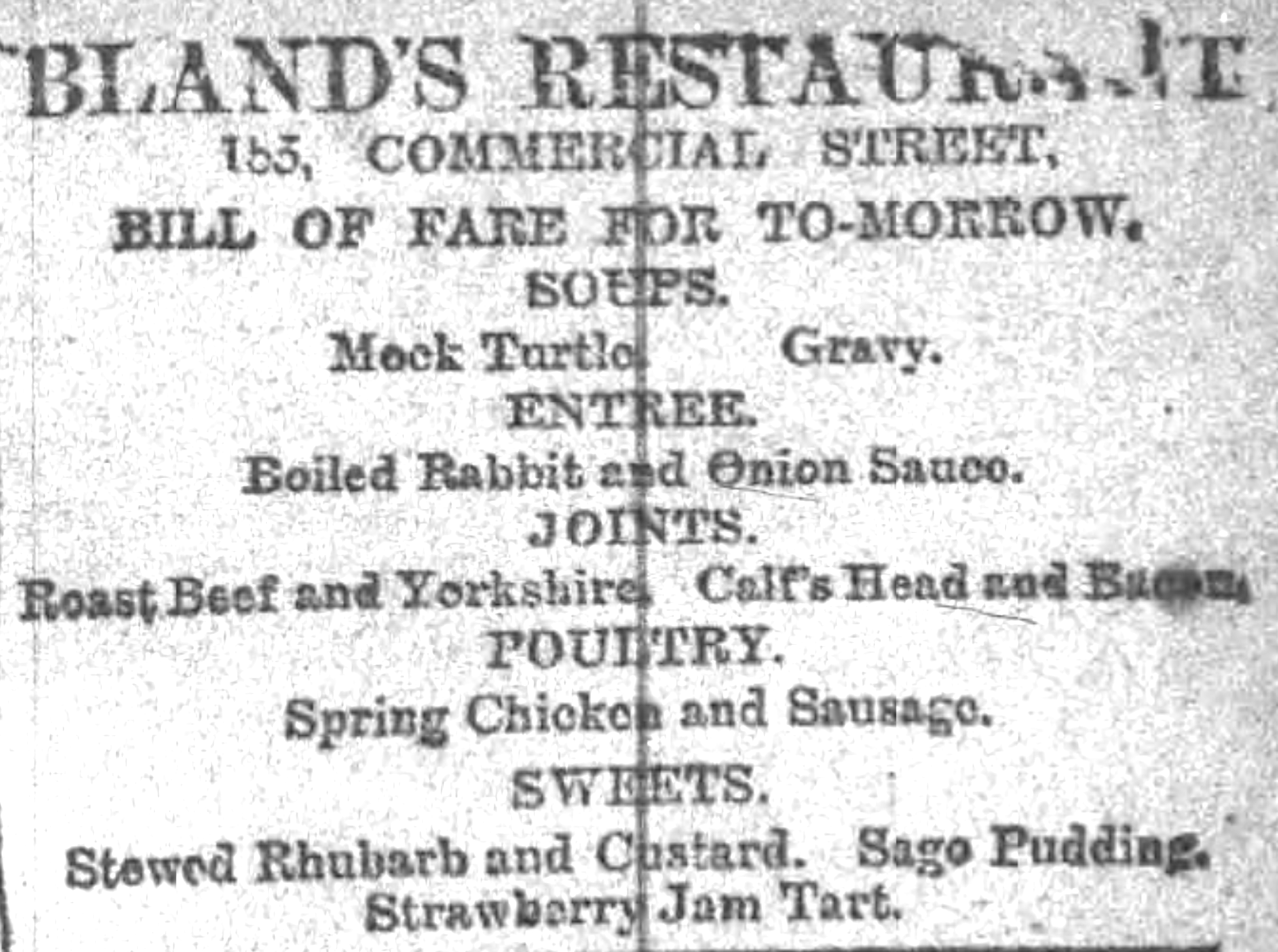

The Winmill on a Ladder
A report from a council meeting in April, 1875.
The Superintendent made his usual report of the police business of the past fortnight, and read among other matters, the entry concerning the case in which Mr. Charles Phillips, of the King William the Fourth, was charged with gambling, and in which Sergeant Winmill had mounted a ladder in order to command a view of the upstairs room in which cards were being played.
On the Superintendent coming to that portion in which it was stated that Winmill used the ladder,
Alderman Townsend interposed with the question whether they were playing on the roof. (Laughter.)
The Superintendent: No, they were playing in an upstairs room.
Alderman Townsend: I should like to have been under,him I'd have given him a "somerset."
— Monmouthshire Merlin, Saturday 9th April, 1875

Mad Gallop at Newport
Exciting incident was witnessed in Caerleon-road, Newport, on Saturday, when a hunter was seen galloping along the streets at a fast rate without a rider. The streets were fairly crowded at the time and the people scattered right and left. When the animal came opposite Richmond-road, however, PC Walters jumped at the reins, and, catching them, succeeded in bringing the horse to a standstill. A few minutes afterwards the rider, Charles Gale, 26, Durham-road, Newport, came up. He stated that the horse belonged to Mr Duckham, and that while he (Gale) was riding it on the farm off Caerleon-road the animal threw him, and then getting on the main road, galloped off in the direction of Newport. Gale was not hurt.
— South Wales Argus, Monday 1st February, 1909 (Subscription Required)

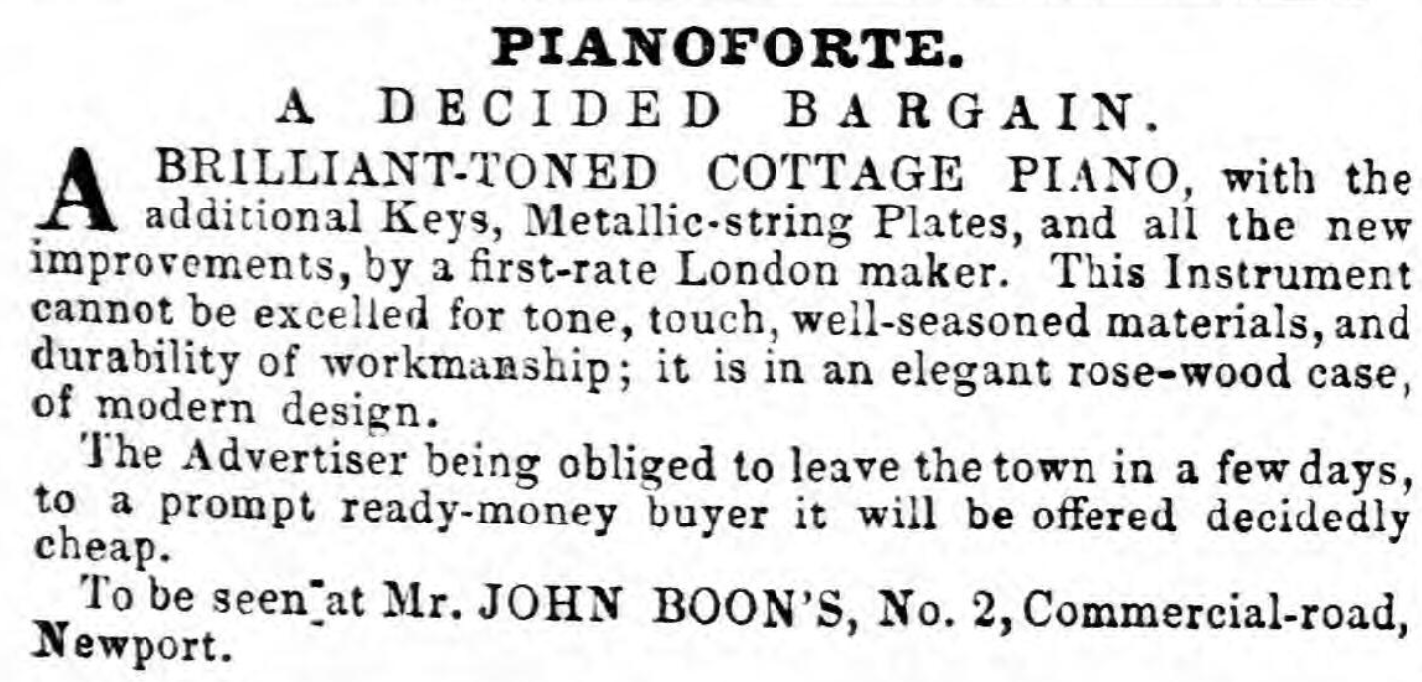

Shocking Discovery Near Newport
Body of a man, apparently a seaman, was picked up in the River Usk, near St Julians Inn, on Sunday afternoon. It was much decomposed and had evidently been in the water sometime. The deceased, who had the appearance of a foreigner was attired in a blue serge seaman's coat. It is thought that the deceased is the seaman who was blown overboard during the gale a month ago. The only articles found upon him were a rosary and a cheap watch. In all probability the inquest will be held this (Monday) afternoon at the St Julian's Inn.
— South Wales Argus, Monday 13th March, 1899 (Subscription Required)
The inquest was published in the next edition of the South Wales Argus along with a recommendation that a mortuary be built in Caerleon.
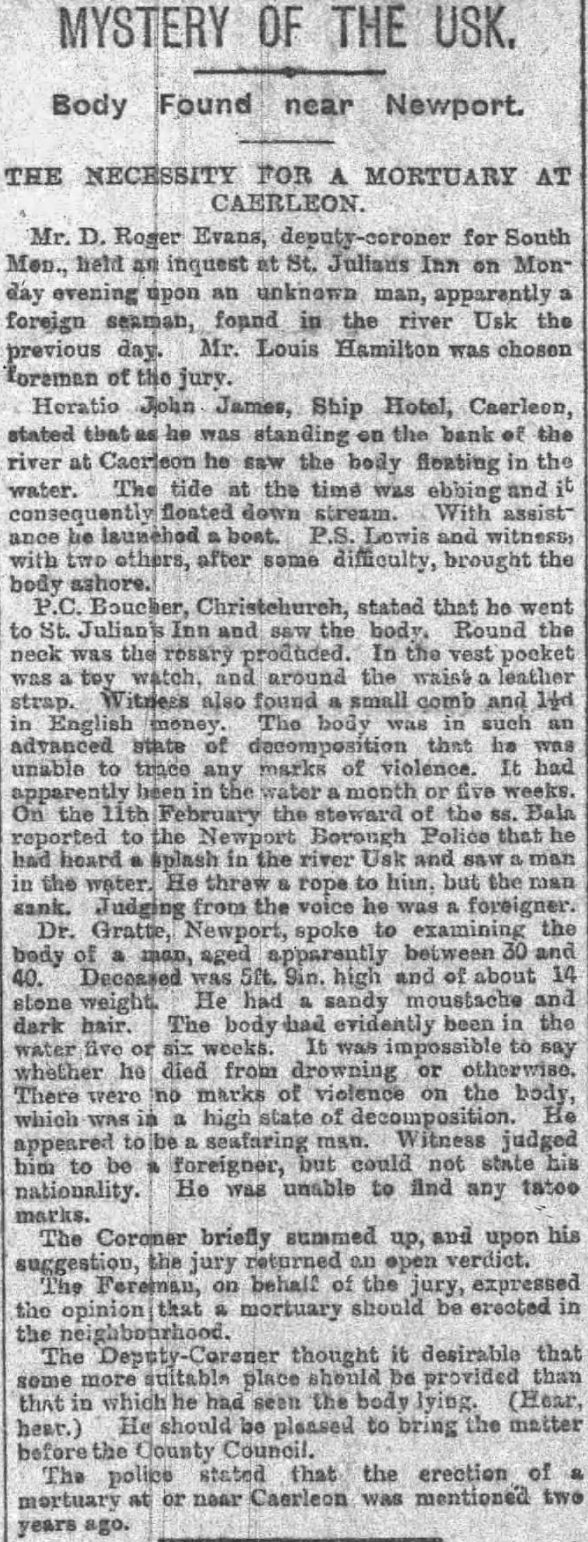

Alleged Milk Adulteration
At Newport Borough Police Court to-day, James Harper, 38, Maindee Parade, was summoned for selling adulterated milk. Mr A A Newman, Town Clerk appeared for the defence. Mr Newman said proceedings were taken under the sixth section of the Food and Drug's Act. The analysis of the milk obtained from the defendant showed that there was 12 per cent of added water. Mr Spencer E Jones, inspector under the Act gave evidence to the effect that he obtained a pint of milk from the defendant in Hereford Street. This he divided into three parts, sending one to the analyst.
Replying to Mr Moore, witness said the defendant supplied the milk readily. He had been in business 22 years, and although samples of milk had been obtained from him before, adulteration had not been found. Mr Moore, urged that defendant's long connection with the milk trade, and the fact that this was the first complaint against him, entitled him to the greatest consideration. He had no cows of his own, but always made it a rule to purchase milk from the best farmers in the neighbourhood. The milk of which the inspector took a sample was delivered to him on the night of the 27th, and disposed of by him in exactly the same condition as he received it. As a matter of fact, there was a warranty of the pure quality of the milk sent with it, but as it happened defendant was not actually the collector.
Defendant went into the box and asserted that he retailed the milk in exactly the same condition as he received it. The Bench considered there was a technical breach of the Act as defendant should have had the warranty, but taking into consideration his long business career and good character, they only ordered him to pay the costs. The Town Clerk respectfully demurred to the decision of the Bench, because it was contrary to all precendent. There must be a conviction, he contended. Mr Moore thought the Town Clerk should be content with the decision as given, by Mr Newman said he should have to ask for a case unless a conviction was recorded. The Bench intimated that their decision was to record a conviction, but the penalty was only the costs of the case.
— South Wales Argus, Wednesday 18th November, 1896 (Subscription Required)
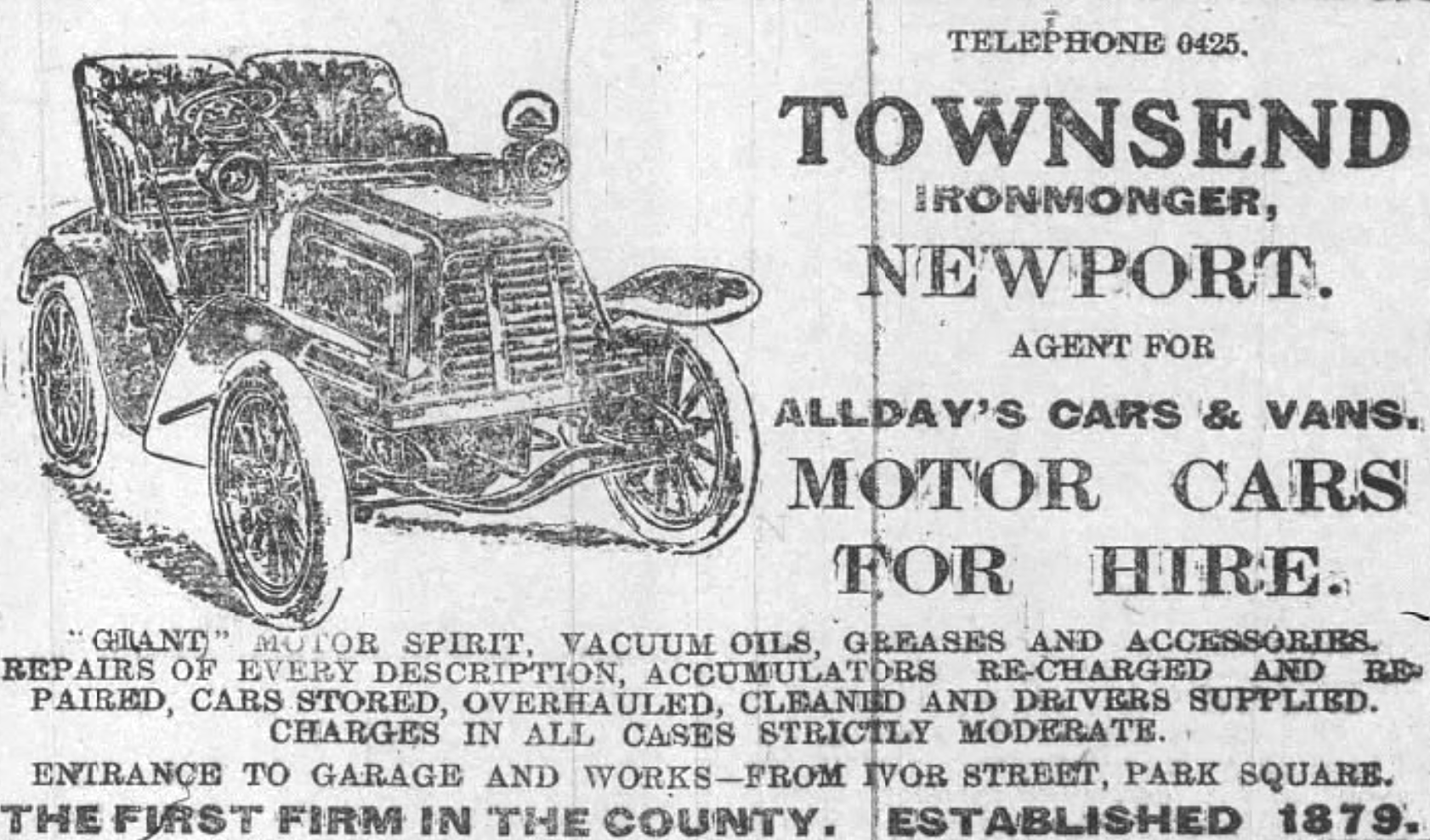


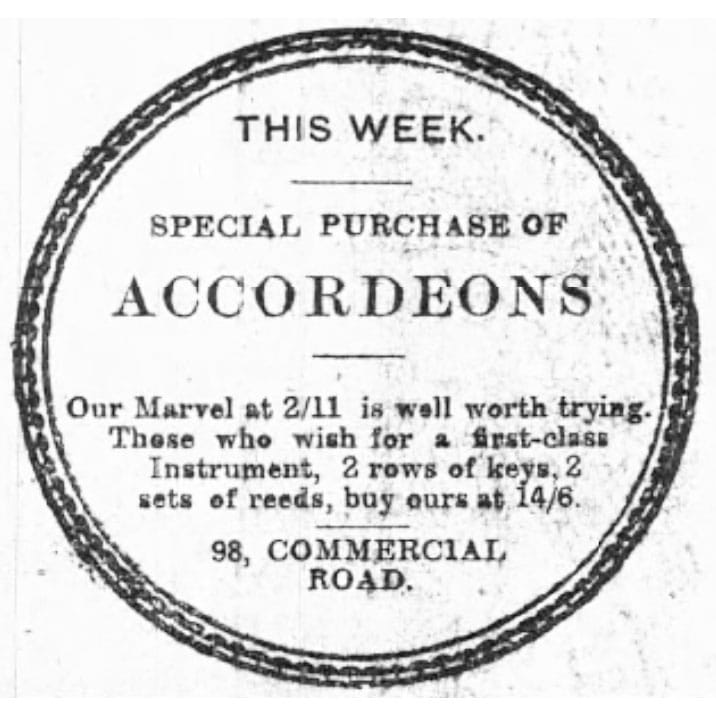
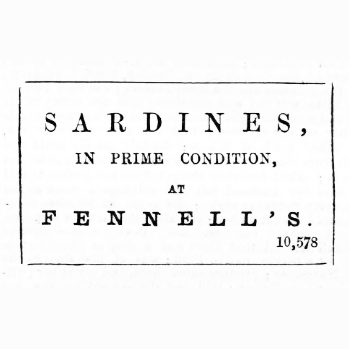
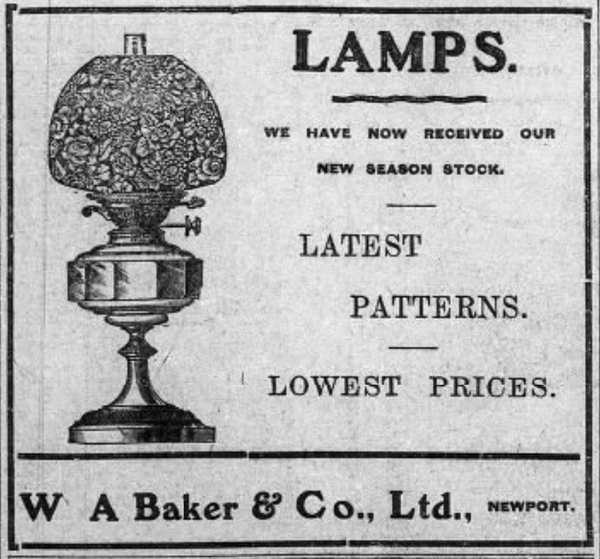

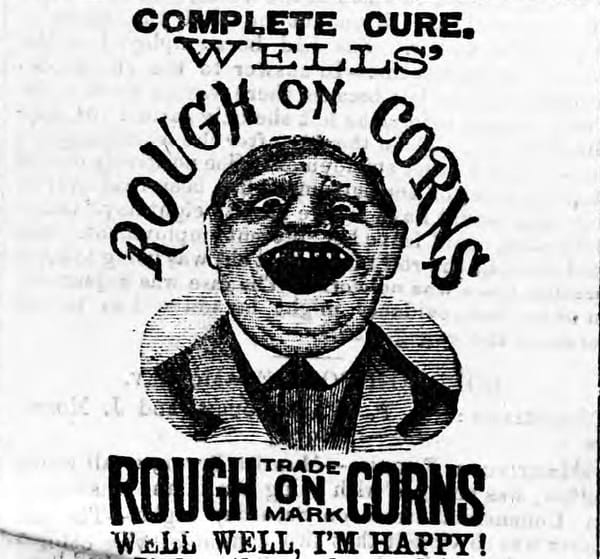
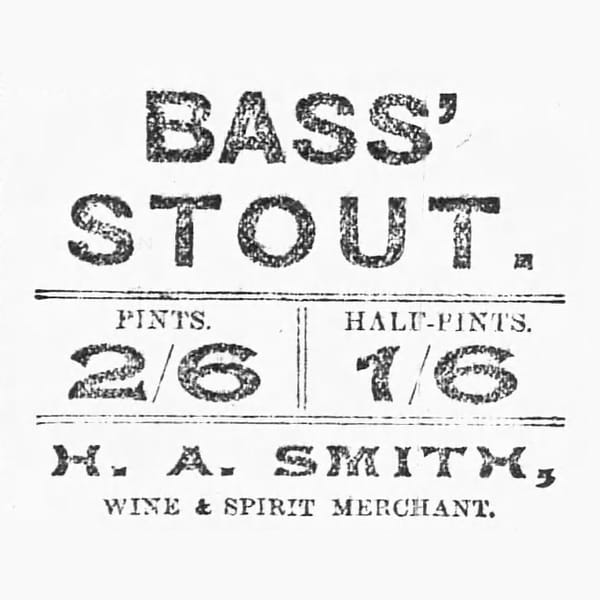
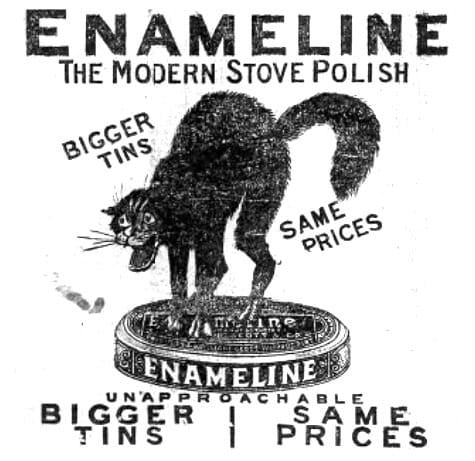
Member discussion